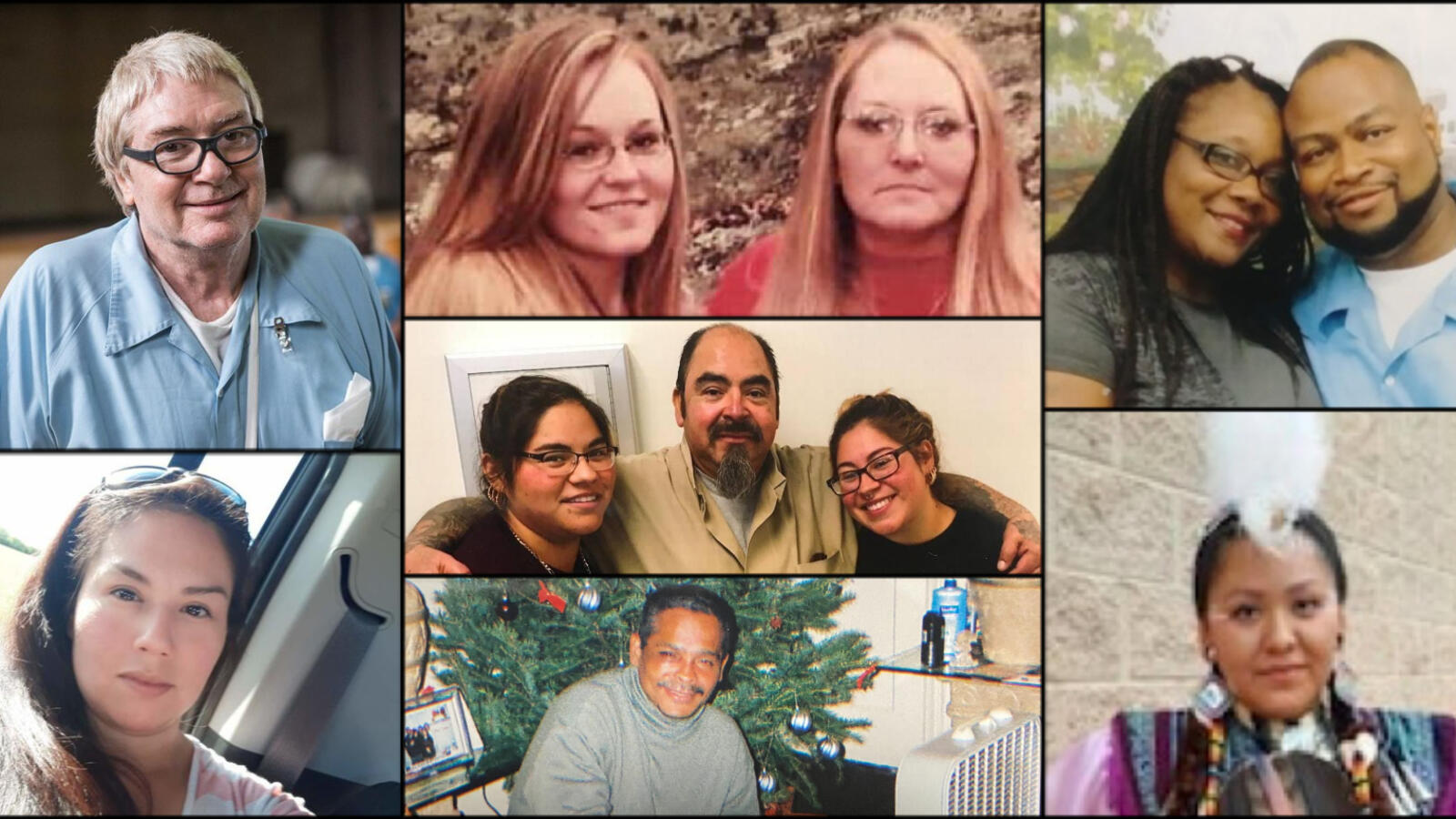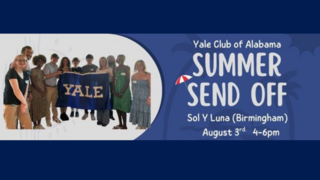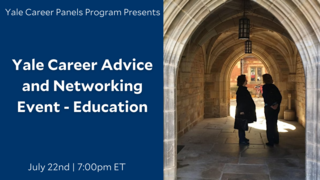In April 2020, Kelsey Kauffman ’71 convened a Zoom meeting with criminal justice advocates nationwide. A month into the pandemic, it already was clear that people living and working in the 7,000 jails, prisons, and detention centers across the U.S. were among the most vulnerable to COVID-19. Kelsey, a former correctional officer who founded the higher education program at Indiana Women’s Prison, feared that her incarcerated friends and former students were at severe risk of dying from the virus.
After its initial meeting, the group decided to launch a website to honor those who had died and those who likely would die over the course of the pandemic. The effort was named “Mourning Our Losses,” and the online memorial site became public on Memorial Day.
To expand the organization, Mourning Our Losses (MOL) established a partnership with the Yale Undergraduate Prison Project. Now, approximately half of MOL’s 90 volunteers are Yale students or alumni.
As two of the primary organizers for MOL, we are currently spending our gap years working full time to advance the organization’s goals. MOL is a volunteer organization that memorializes those who have died while living or working behind bars during the COVID-19 pandemic and advocates for the release of incarcerated people across the country. Our website features photographs of prison residents and employees enjoying time with family, practicing hobbies, and posing at formal events. Attached to each photograph is a story: Who was this person? What and whom did they love? What circumstances led to their death?
As a member of the Class of 1971, Kelsey was part of Yale’s first coed graduating class. Coming to Yale during a historic moment of social change, she decided to use her education to advance the greater good and spend her life working with some of the most neglected in our society — those who are incarcerated.
Fifty years after Kelsey graduated from Yale, a new generation of Yalies has been inspired to join the fight. In another historic moment of social change — fresh off the summer’s Black Lives Matter protests against state violence that have brought calls for police and prison abolition into the mainstream — dozens of Yale students are working to restore dignity to those behind bars. Like Kelsey, we have been pulled into a network of advocates who have been engaged in this work for decades: educators, artists, and incarcerated organizers from California, Georgia, Texas, and other parts of the country.
Coming to this work as Yale students, we have been deliberate in centering the voices of those who are most impacted by the criminal justice system. Beyond organizational practices to follow the lead of our team members who are currently and formerly incarcerated, our volunteers also invite family and friends to submit memorials for loved ones behind bars whom they have lost. At biweekly meetings, Yale volunteers write letters to incarcerated people across the country, asking them for information or full memorials about their friends, “cellies,” and mentors who have died. Some also collaborate with incarcerated memorial writers in what we call the “inside/outside collaboration.”
“The fact that MOL makes efforts to center justice-impacted people in both its writings and its leadership has been very meaningful to me,” said Nicole Mo ’19, who has reconnected with current undergraduate students through her work with MOL. Nicole added that she has appreciated the opportunity “to read and edit some beautiful pieces written by the incarcerated friends and loved ones of those we’ve lost.”
Another volunteer, Jack Denning ’24, has enjoyed seeing his relationship develop with his partner in the inside/outside collaboration. “She’s become a great friend in the months we’ve worked together to collaborate on memorial writing, opinion sharing, and so much more,” he said. “I can’t wait for her to get back into society; she’ll be a real force for good and change.”
The memorial writing process itself provides another rare window into the lives of the incarcerated. Consistent with MOL’s values as an organization, our website is devoid of dehumanizing words like “inmate,” “offender,” or “felon,” instead using person-first language that emphasizes the humanity of the people in carceral settings. While our memorials often discuss the conditions of death and the dangers of incarceration, they avoid mentioning the crime that landed someone in prison. Too often, incarcerated people are reduced to their crimes of conviction, which are often used as excuses to justify deplorable conditions of confinement and human rights violations.
Volunteer researcher and memorial writer Ilyana Benjelloun ’23 pointed out that what makes our memorials so special is that they “highlight the universally human: the people whose lives they touched, what they loved doing in their free time, the music they liked to listen to, the sports they liked to play, their work.”
Cecile Ramin ‘23, another volunteer memorial writer, has found it, as she wrote, “a special honor to be the one to carve out a positive, respectful space to mourn a unique life.”
As of March 2021, MOL has tracked the COVID-related deaths of more than 2,700 incarcerated people and 240 correctional employees since the onset of the pandemic, as well as 1,700 non-COVID-related deaths, further shining a light on the public health crisis in America’s prisons. Having memorialized just above 200 people on our website, our work is far from done. But until the dangerous public health conditions resulting from detention no longer threaten people’s lives, we will continue, working to memorialize the lives lost behind bars in a space centered on empowerment, solidarity, and humanity. Paralleling the work Kelsey began at Yale 50 years ago, we, too, strive to contribute to the movement to end mass incarceration.
***
Eliza Kravitz and Andrew Kornfeld are Yale College students. To learn more about Mourning Our Losses, visit mourningourlosses.org and read this article in The New York Times. Eliza and Andrew also encourage you to view the video recording from MOL’s vigil marking a year of loss behind bars.
Please contact Eliza and Andrew to inquire about volunteer and development assistance opportunities at MOL. General inquiries may be directed to mourningourlosses@gmail.com.




